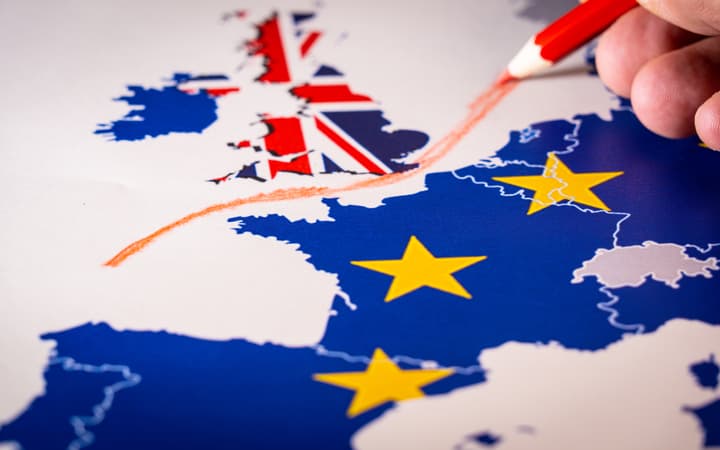Customs Surveillance and Brexit
Mike Vettese

A significant weapon in an IP right holders’ armoury to deal with counterfeit goods is the Application for Action (the “AfA”); a system that facilitates Customs authorities to police the borders and help prevent the flood of counterfeit and pirate goods entering the UK / EU markets.
The cornerstone for the AfA is EC Regulation 608/2013 (the “Customs Regulation”). This provides rules and common procedures that facilitate the enforcement of IP rights at the border by Customs authorities. The AfA is filed by an IP right holder and is essentially a request that Customs authorities take action to search and detain goods suspected of infringing their rights. The main rights that can form the basis of an AfA are granted patents, registered trade marks, and registered designs. However, copyright and semiconductor rights can also be included, amongst others.
An AfA can be either national (i.e. effective in one member state only, such as the UK) or European-wide (i.e. effective across one, some or all 27 member states).
Since 1 February 2020, the United Kingdom has withdrawn from the European Union.
The previous EU rules and procedures on customs enforcement of intellectual property rights (Regulation (EU) No 608/2013 of the European Parliament and of the Council of 12 June 2013 concerning customs enforcement of intellectual property rights) ceased to have effect in the United Kingdom following the end of the transition period. The UK HMRC has now introduced a new UK Application for Action (AfA) form for businesses to protect their IP rights at the UK Border. IP Rights Holder may need to take action if AfAs are in place.
Take action now
Union applications that request action throughout the EU can no longer be submitted in the United Kingdom (submitted via the UK HMRC).
Existing decisions adopted by the United Kingdom will no longer be valid in Europe. Thus, any decision to implement an EU-wide AfA based on a UK HMRC request will be cancelled in all EU member states but will remain effective in the UK.
An EU AfA approved in one of the other 27 Member States will remain valid in the designated Member States of the European Union, with the exception of the United Kingdom.
An EU AfA approved in one of the other 27 Member States, exclusively for the authorising Member State and the United Kingdom, will convert into national applications in the respective member state(s). That is, the UK will no longer be covered by such an AfA.
Our recommendations:
On this basis, we are recommending that all clients with EU-wide AfAs filed through and so based on existing decisions of the UK HMRC are re-filed in a member state outside the UK as soon as possible. This will allow for continuity of the AfA following the end of the transition period. Accordingly, protection in the UK will continue through the national AfA, and will be obtained in the remaining EU member states by a fresh EU-wide AfA.
All IP rights holders with an EU-wide AfA filed through the customs authorities in an EU member state are advised to file a fresh national AfA via the UK HMRC as soon as possible to ensure continuity. Accordingly, protection in the EU will continue through the EU-wide AfA, and will be obtained in the UK by a fresh national AfA.
If this affects you and your Trade Marks, please get in contact now.






